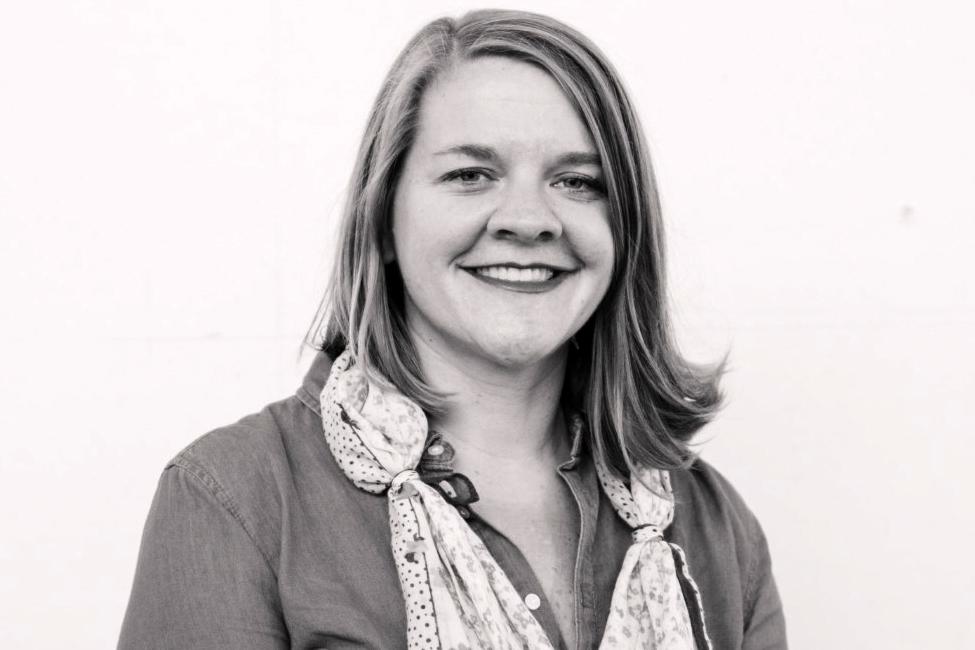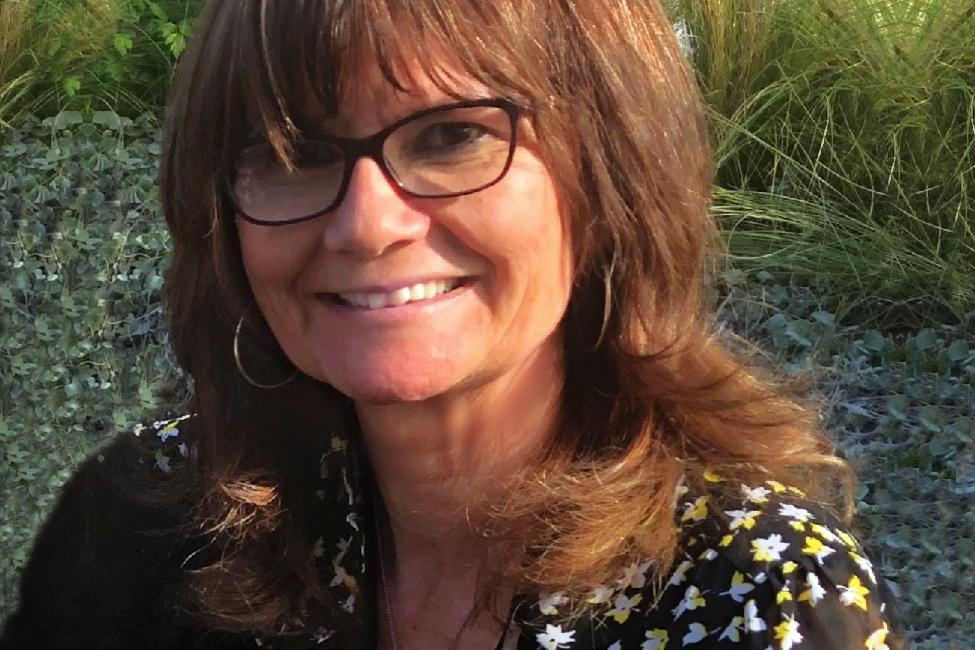Dr. Rohit Deshmukh
Tuesday, Oct 01, 2024
Dr. Deshmukh joined FAU’s Ocean and Mechanical Engineering Department in late 2023 after a research-focused position at The Ohio State University. His work combines data and traditional modeling to create efficient computer models that address persistent challenges with large and expensive scientific simulations. Through his data-enriched modeling techniques, he uses machine learning and data to augment classical computational models.
Dr. Deshmukh obtained his doctoral degree in aerospace engineering from Ohio State University, focusing on data-driven modeling of complex turbulent flows and the interactions between fluids, heat, and structures in extreme conditions like those in hypersonic systems. At FAU, he manages a diverse research portfolio of projects funded by the U.S. Department of Energy (DOE), National Aeronautics and Space Administration (NASA) and Office of Naval Research (ONR).
The DOE supports his work on computational solutions for reducing and managing extreme-scale scientific data for nuclear reactor simulations. His work for NASA is focused on accelerating the rate of analysis of large weather and climate modeling datasets generated by NASA scientists.
"This work, in particular, has far-reaching implications, with the potential to reduce storage space and improve data accessibility by multiple folds. It will aid accelerated scientific discovery, faster knowledge generation, and eventually more efficient decision-making in these critical areas of national and global interests," Deshmukh said.
He is also building capabilities to address limitations of the U.S. Navy’s pilot training simulators and tractable modeling of fluid-structure interactions in supersonic and hypersonic systems. This will help improve the Navy pilot training and enhance models, leading to better training, safer missions, and advancements in critical defense technologies.
"I have always been methods focused," he said. "I enjoy the long and grueling process of developing solutions for complicated problems. The specific applications provide motivations and targets for my computational approaches; however, it is the math needed to develop these tools that is closer to my heart."
Dr. Deshmukh said he enjoys interacting with students from diverse backgrounds, professional experiences and various ages at Florida Atlantic and looks forward to inspiring the next generation of researchers. He had three undergraduate researchers working with him during the summer. Two of them continued their projects with him this fall. A postdoctoral scholar and a doctoral students also joined Deshmukh’s group this fall.


